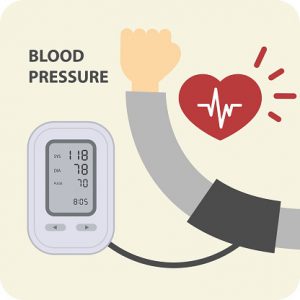This month we would like to introduce you to Raina Daswani, a Respiratory Therapist who works primarily on the pediatric inpatient unit and also the Neonatal Intensive Care Unit. She has been with Jamaica Hospital for almost five years and feels like it has become her second home.
Raina is a Queens native, having grown up in Forest Hills and graduating from Forest Hills High School. After high school she went on to study at both Queens College and the Borough of Manhattan Community College where she earned her degree in Respiratory Therapy.
Raina is very proud of the work that she is doing at the hospital. She enjoys the diversity of the illnesses that she treats and the people she meets every day. Her colleagues at Jamaica Hospital feel like a second family to her. Everyone is very supportive of one another and that makes coming to work every day very enjoyable. She says team work is very important especially when working at a hospital and people at Jamaica work well together. Raina feels very fortunate to have chosen the right career for her and likes that she gets to do something every day that she really feels good about.
Raina currently lives on Long Island, is married and she has a Maltese, named Simba. In her free time she enjoys reading, going to movies and to shows on Broadway. When she goes on vacation, she enjoys travelling to Europe. Raina looks forward to coming to work every day and we look forward to having her work with us for a long time.
All content of this newsletter is intended for general information purposes only and is not intended or implied to be a substitute for professional medical advice, diagnosis or treatment. Please consult a medical professional before adopting any of the suggestions on this page. You must never disregard professional medical advice or delay seeking medical treatment based upon any content of this newsletter. PROMPTLY CONSULT YOUR PHYSICIAN OR CALL 911 IF YOU BELIEVE YOU HAVE A MEDICAL EMERGENCY.



